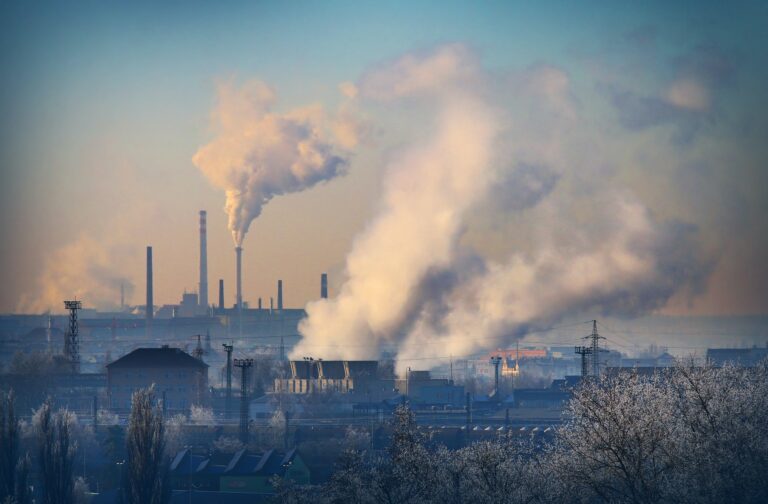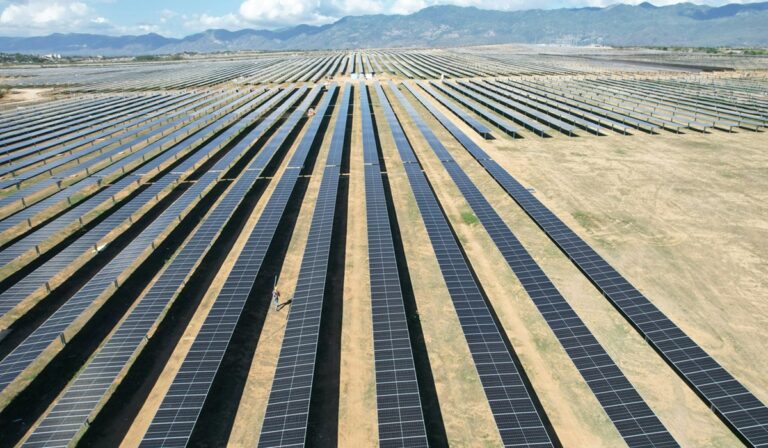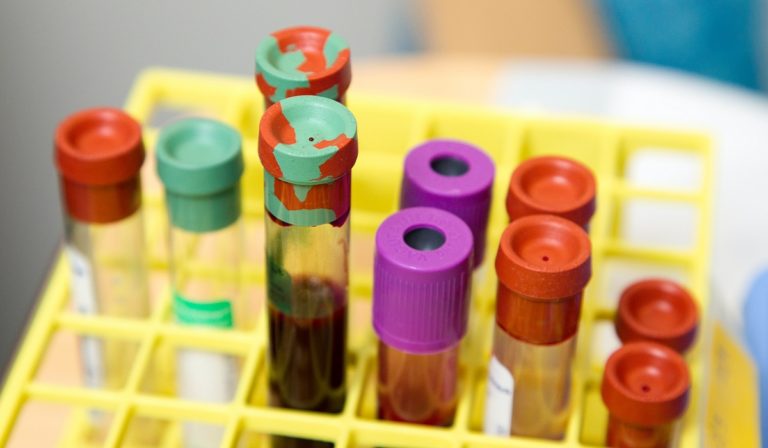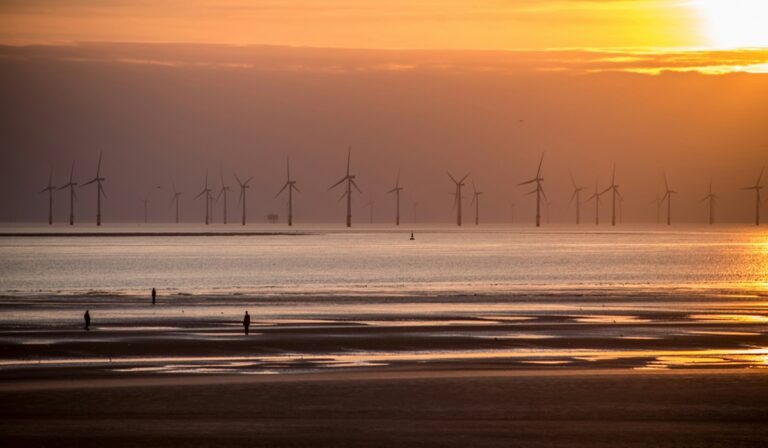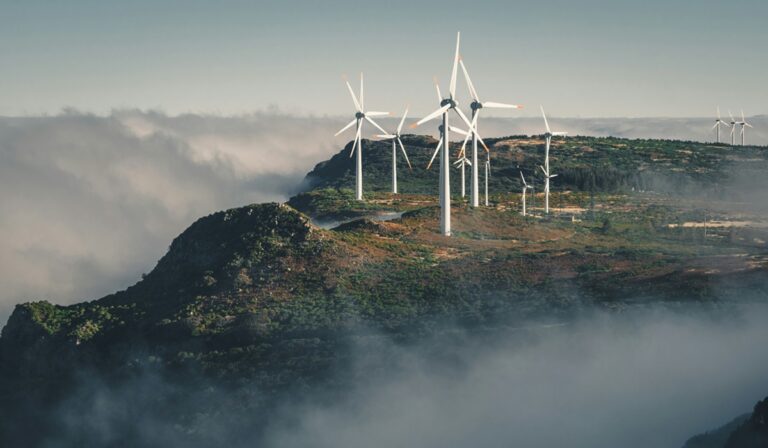United Methodist Church lifts bans on LGBTQ clergy and same-sex weddings
Delegates overwhelmingly approved the changes, 692 to 51, during the United Methodist Church’s General Conference. Shortly after the vote, spontaneous celebrations erupted on the conference center floor. Hundreds of people began cheering and singing. One of the hymn lyrics distinguishable in the crowd was, “You are a child, you are a child of God.” The UMC is one of the largest Protestant denominations in the U.S., with over five million members and 29,000 churches.
United Methodist Church lifts bans on LGBTQ clergy and same-sex weddings Read more


